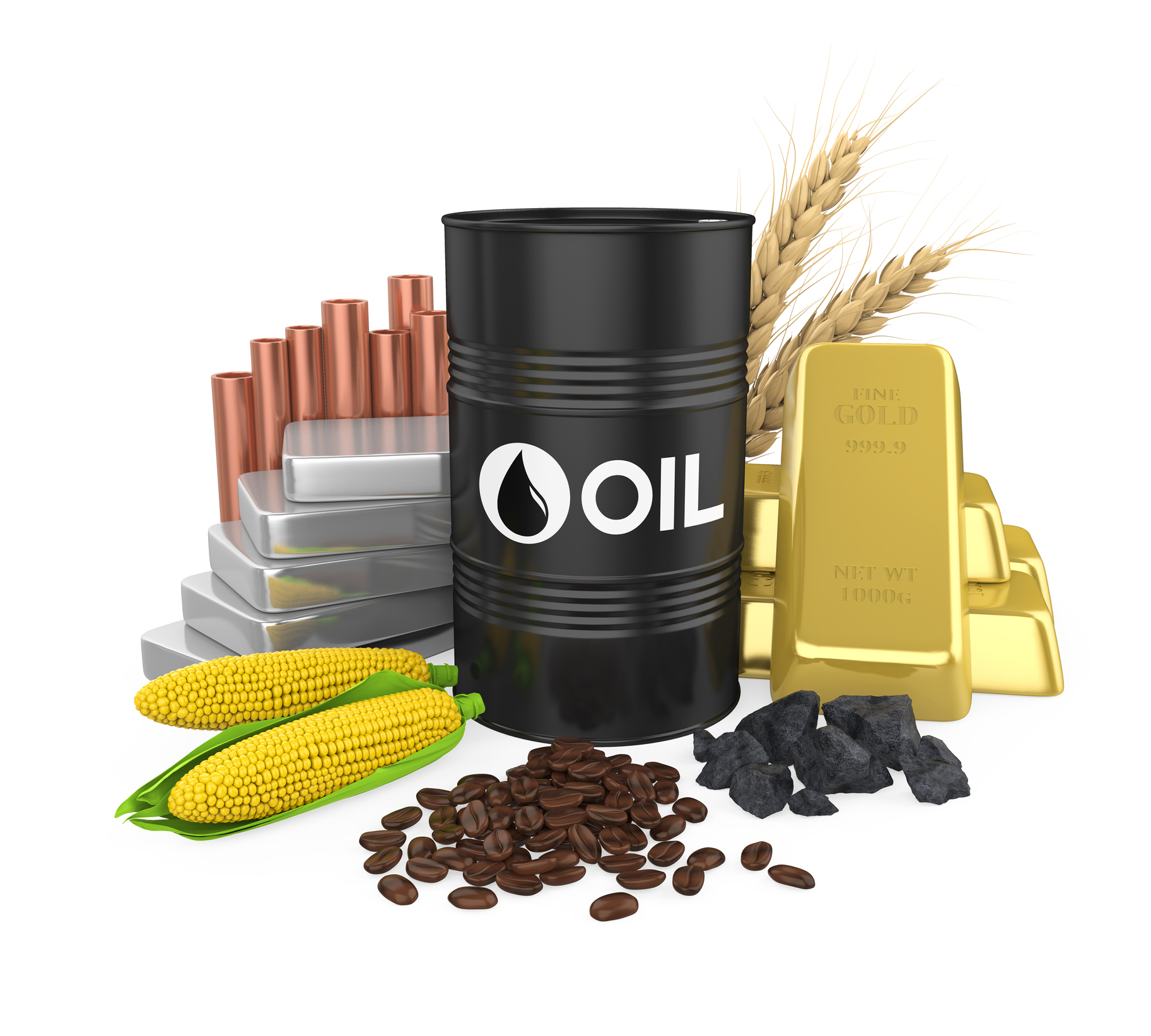
The epidemic outbreak could slow down the global economic growth by 0.3% to 0.4% in CY2020, due to slowdown in China and South-East Asian region, as per few international bodies. IMF has forecast world economic growth of 3.3% in CY2020. The cut in growth estimates will depend on the time it takes to control the situation. On a positive note, China has started opening its essential services, ports and manufacturing hubs slowly. Experts believe that a large part of the epidemic effect will be limited to certain regions and will be more during the cold season (H1CY20), and will dissipate as temperatures rise in China during the summer season starting June 2020.
For India, China is the largest trading partner accounting for more than 10% of total trades. In-terms of imports it is about 15% percent of the total pie while export is only 5%. During 2003 to 2019, the total commodities trade between India and China increased by a CAGR of 10% from USD 20 billion to USD 87 billion. In FY19, the total current account deficit of India as a percent of GDP was 2.1%. While total trade deficit with China (only including commodities) as percent of GDP stands minimum at 0.03%, India’s exposure to China is more towards import of manufacturing items. It will impact us if availability of essential imports stops. India imports a large amount of raw material and semi-finished goods for sectors like Auto, Electronics, Pharma, Consumer Durables, Engineering and Metals.
Auto and Auto Ancillaries will be impacted due to fall in sales volumes in China and disruption in the availability of components which will impact domestic production and margins. Pharmaceuticals sector has a higher exposure to importing API (Active Pharmaceutical Ingredient) and intermediary supplies from China. Short fall in basic raw materials and intermediaries in chemical sector are likely to impact international prices and margins. On the other hand, shortage of electrical components and increase in prices from other sources will be impacting the profitability of consumer durables.
The positive effect will be on sectors like Chemicals where India is a strong player in the global market with robust supply chain. In oil and gas, benign commodity prices will boost margins of oil marketing companies in the medium term. However, in the short-term inventory losses are expected due to drop in crude prices. China is a big exporter of Textile and Apparel in the world, this clampdown can develop as an export opportunity for other countries like India in the long-term. India is largely self-sufficient in metals like Steel, as a result, fall in imports can be positive for domestic steel industry owing to increase in demand from domestic players. The setback could be that today international steel price is volatile because of trade disruption in China and declining demand.
The economic effect of SARS in 2003 was very low but it had a much higher influence on the world equity market given it was the first type of such epidemic fear, post the 9/11 terror attack of 2001. Till date, the global financial market has not been impacted by the epidemic fear, with some limited impact in South-East Asian region. The market is holding the ground, forecasting limited impact in the medium-term. The world wants to reduce its high fiscal deficit and diversify the high trade exposure with China. India could capitalize on ‘Make in India’ to develop as a long-term investment and manufacturing destination. Currently, this incident is not changing our earnings (Nifty50 EPS) growth forecast of 15% CAGR in FY20 to FY22 and maintain our one-year target of 12,700 for Nifty50
Click here to read our Retail Equity Research on Corona Impact on Indian Equity Market









